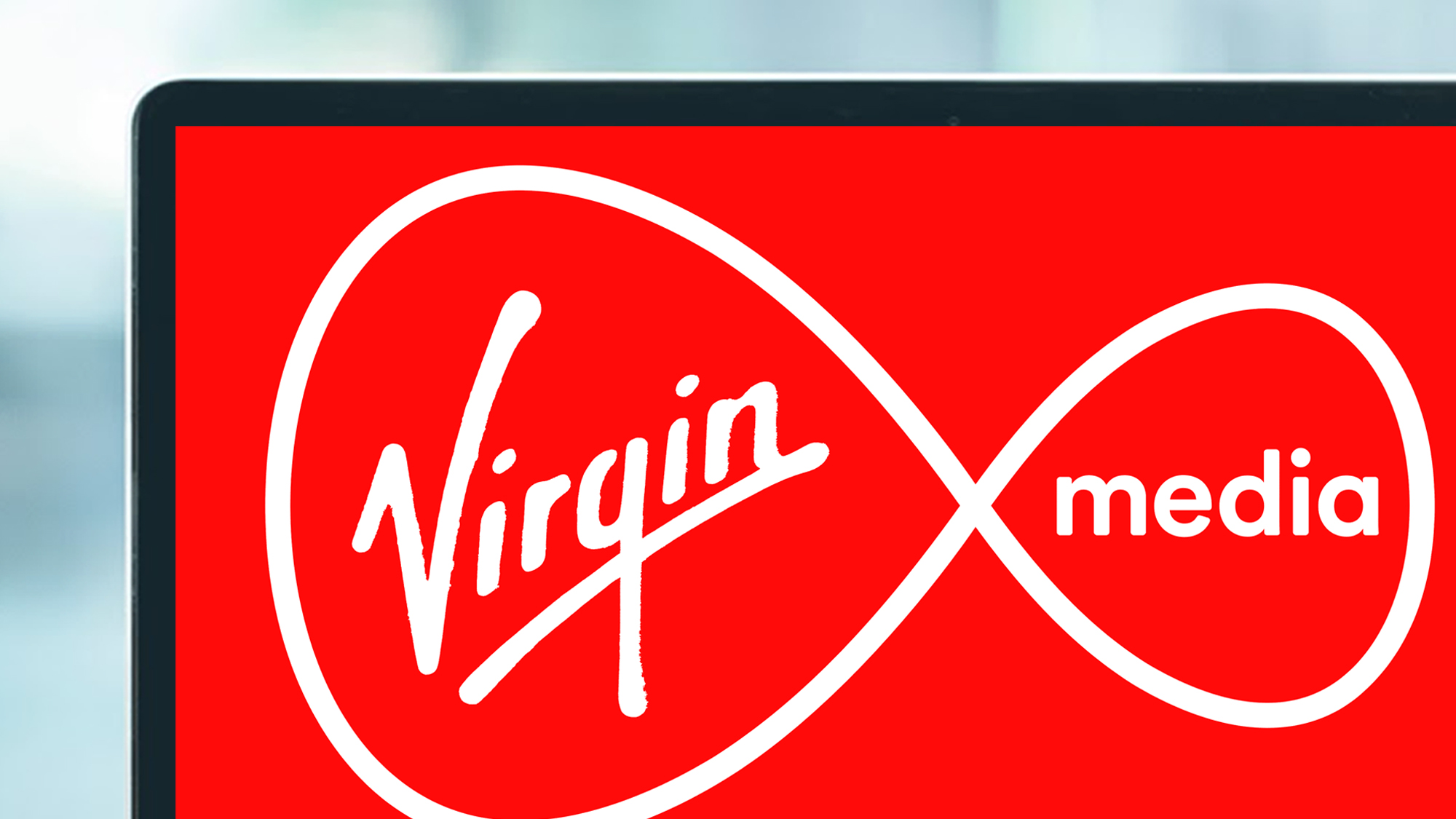Virgin Media O2 will roll out mmWave tech that allows it to transmit a record-breaking 4Gbps to a single device - and it will come to the busiest places in the UK
Virgin Media O2 invests £13 million to acquire high-capacity mmWave spectrum

- Virgin Media O2 trial of mmWave spectrum achieves record 4Gbps single-device speed
- High-frequency spectrum enhances mobile performance in dense urban and commercial locations
- Over 2,000 small cells support high-speed 5G coverage in crowded areas
Virgin Media O2 has confirmed the acquisition of new millimeter-wave (mmWave) spectrum following Ofcom’s latest auction, marking a £13 million investment to expand its high-capacity 5G coverage.
The operator intends to deploy the technology in the UK’s busiest urban and commercial zones, focusing on airports, train stations, arenas, and major city centers where network demand peaks.
Virgin Media O2’s purchase secures roughly a third of the total available spectrum, allowing the company to manage heavy mobile traffic as data demands continue to rise.
Expanding high-speed 5G coverage
The new spectrum, comprising 800MHz in the 26GHz band and 1,000MHz in the 40GHz band, will play a key role in improving capacity and reliability in high-density environments.
Ofcom says these frequencies were assigned across 68 urban regions with the highest mobile data usage, including London, Cardiff, Belfast, and Glasgow.
The investment builds on Virgin Media O2’s existing 5G Standalone footprint, the largest of its kind in the UK, and forms part of its £700 million Mobile Transformation Plan for 2025.
The operator has stated that the new high-frequency airwaves will strengthen its mobile infrastructure, and it will also support emerging data-heavy applications that require both speed and low latency.
Sign up to the TechRadar Pro newsletter to get all the top news, opinion, features and guidance your business needs to succeed!
“This new investment…pairs perfectly with our strategy to transform our mobile network and give our customers a trustworthy and reliable mobile connectivity experience wherever they are,” said Lutz Schüler, CEO of Virgin Media O2.
Before the acquisition, Virgin Media O2 conducted a live test of mmWave technology under a trial license.
During the trial, the company recorded a peak speed of 4Gbps to a single device, a record for its network.
Although only a limited number of compatible devices currently exist in the UK market, Virgin Media O2 expects wider hardware adoption to align with its rollout timeline.
The company’s extensive deployment of over 2,000 small cells is also expected to complement mmWave coverage.
These compact installations, typically mounted on lampposts and buildings, enable dense, high-capacity 5G networks in crowded areas where traditional base stations struggle to maintain performance.
Virgin Media O2’s approach appears practical rather than headline-driven, as mmWave technology offers exceptional speed but operates over shorter ranges, making wide-scale coverage more complex and costly.
Its use will likely remain focused on dense urban zones and critical transport hubs.
By combining new spectrum with existing infrastructure, including the recently launched “Giga Site” in Paddington capable of delivering over 10Gbps throughput, the company is aiming for incremental, focused improvements rather than broad nationwide upgrades.
Follow TechRadar on Google News and add us as a preferred source to get our expert news, reviews, and opinion in your feeds. Make sure to click the Follow button!
And of course you can also follow TechRadar on TikTok for news, reviews, unboxings in video form, and get regular updates from us on WhatsApp too.
You might also like
- Here are the best network monitoring tools available
- Check out our list of the best AI tools around today
- The UK and Japan could lead a global alliance for responsible AI

Efosa has been writing about technology for over 7 years, initially driven by curiosity but now fueled by a strong passion for the field. He holds both a Master's and a PhD in sciences, which provided him with a solid foundation in analytical thinking.
You must confirm your public display name before commenting
Please logout and then login again, you will then be prompted to enter your display name.